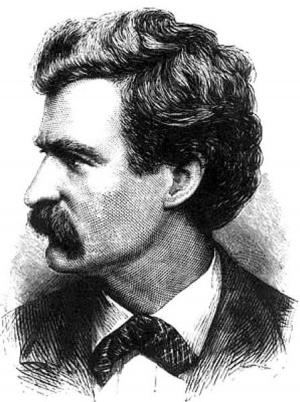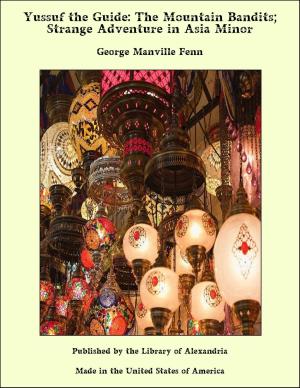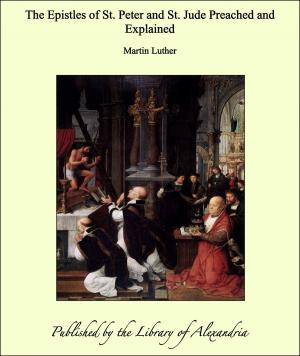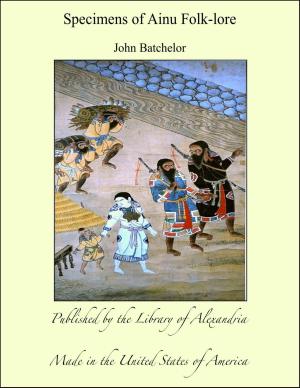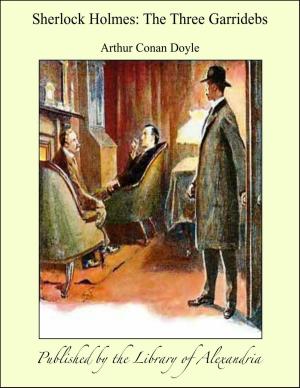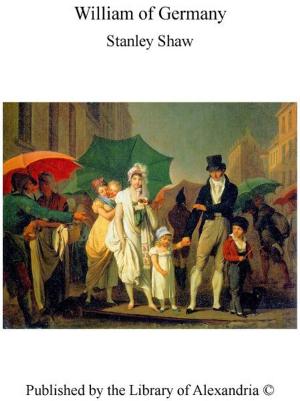Historic Doubts on the Life and Reign of King Richard the Third
Nonfiction, Religion & Spirituality, New Age, History, Fiction & Literature| Author: | Horace Walpole | ISBN: | 9781465554789 |
| Publisher: | Library of Alexandria | Publication: | March 8, 2015 |
| Imprint: | Language: | English |
| Author: | Horace Walpole |
| ISBN: | 9781465554789 |
| Publisher: | Library of Alexandria |
| Publication: | March 8, 2015 |
| Imprint: | |
| Language: | English |
So incompetent has the generality of historians been for the province they have undertaken, that it is almost a question, whether, if the dead of past ages could revive, they would be able to reconnoitre the events of their own times, as transmitted to us by ignorance and misrepresentation. All very ancient history, except that of the illuminated Jews, is a perfect fable. It was written by priests, or collected from their reports; and calculated solely to raise lofty ideas of the origin of each nation. Gods and demi-gods were the principal actors; and truth is seldom to be expected where the personages are supernatural. The Greek historians have no advantage over the Peruvian, but in the beauty of their language, or from that language being more familiar to us. Mango Capac, the son of the sun, is as authentic a founder of a royal race, as the progenitor of the Heraclidae. What truth indeed could be expected, when even the identity of person is uncertain? The actions of one were ascribed to many, and of many to one. It is not known whether there was a single Hercules or twenty. As nations grew polished. History became better authenticated. Greece itself learned to speak a little truth. Rome, at the hour of its fall, had the consolation of seeing the crimes of its usurpers published. The vanquished inflicted eternal wounds on their conquerors—but who knows, if Pompey had succeeded, whether Julius Caesar would not have been decorated as a martyr to publick liberty? At some periods the suffering criminal captivates all hearts; at others, the triumphant tyrant. Augustus, drenched in the blood of his fellow-citizens, and Charles Stuart, falling in his own blood, are held up to admiration. Truth is left out of the discussion; and odes and anniversary sermons give the law to history and credulity
So incompetent has the generality of historians been for the province they have undertaken, that it is almost a question, whether, if the dead of past ages could revive, they would be able to reconnoitre the events of their own times, as transmitted to us by ignorance and misrepresentation. All very ancient history, except that of the illuminated Jews, is a perfect fable. It was written by priests, or collected from their reports; and calculated solely to raise lofty ideas of the origin of each nation. Gods and demi-gods were the principal actors; and truth is seldom to be expected where the personages are supernatural. The Greek historians have no advantage over the Peruvian, but in the beauty of their language, or from that language being more familiar to us. Mango Capac, the son of the sun, is as authentic a founder of a royal race, as the progenitor of the Heraclidae. What truth indeed could be expected, when even the identity of person is uncertain? The actions of one were ascribed to many, and of many to one. It is not known whether there was a single Hercules or twenty. As nations grew polished. History became better authenticated. Greece itself learned to speak a little truth. Rome, at the hour of its fall, had the consolation of seeing the crimes of its usurpers published. The vanquished inflicted eternal wounds on their conquerors—but who knows, if Pompey had succeeded, whether Julius Caesar would not have been decorated as a martyr to publick liberty? At some periods the suffering criminal captivates all hearts; at others, the triumphant tyrant. Augustus, drenched in the blood of his fellow-citizens, and Charles Stuart, falling in his own blood, are held up to admiration. Truth is left out of the discussion; and odes and anniversary sermons give the law to history and credulity





